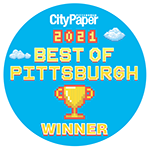FROM THE START: A chat with the founder of Korion Health
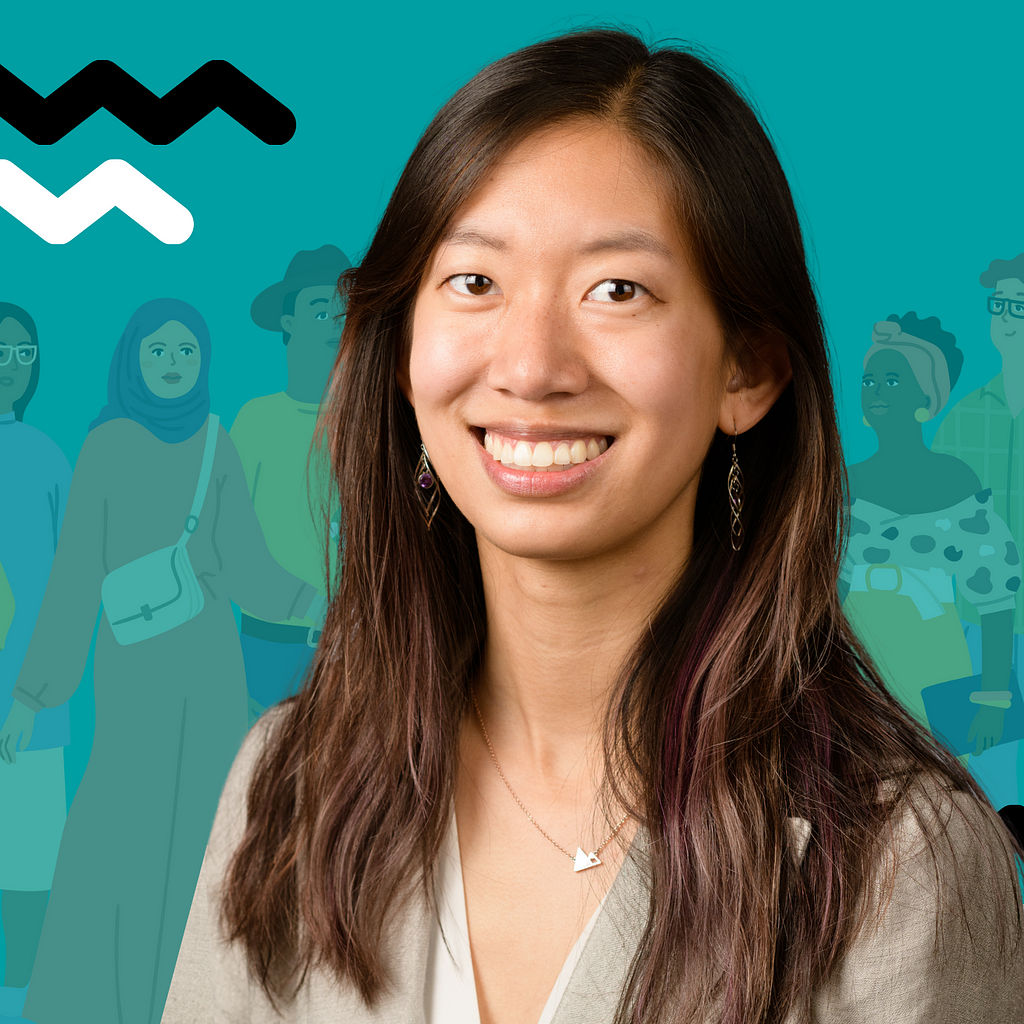
Ascender’s FROM THE START series continues with our 2022–2023 Incubator!
Too often, we learn from other founders only after they’ve “already made it,” but there’s a lot to gain from their journeys as early-stage entrepreneurs. FROM THE START is our ongoing interview series with founders from our Incubator that traces their startup stories from the beginning, reveals some of the resources helping them overcome the bumps, and points out ways you can help them thrive.
Since joining the 2022–2023 Incubator in June, all of the companies have been hustling to get their brands and businesses out there. Now it’s time to get to know them!
Some answers have been edited slightly for brevity.
What’s been the journey that’s led you to start your company?
I’m a queer, first-generation Chinese-American fem-presenting human, and throughout my life, I have felt like the people I care about and I have fallen through the cracks in the healthcare system.
In high school, I met one of my best friends and later found out she had a chronic illness that didn’t have any treatments and had been essentially given up on by the healthcare system. Until that point, I’d thought that being a doctor would be the best way to make an impact, and I’ve always loved that authentic, one-on-one connection with patients. However, I’m also very much unhappy with the system as it exists now. I don’t want to perpetuate it; I want to change it in an ethical, patient-empowering, and sustainable way.
I thought that doing research would be the way to do this, and I launched myself into research for her condition (cystic fibrosis) for the next ten years. I am now an MD PhD student at the University of Pittsburgh and Carnegie Mellon University on a full scholarship for medical school. However, having now experienced the medical system from the inside, it hit me how much of the knowledge was being unnecessarily guarded by barriers; it felt like quality medical care was only for the wealthy and hidden in this ivory tower. Well, I didn’t want that — I thought a lot of those barriers were BS. At first, I thought I would work on projects to improve healthcare — a crowdsourced birth control side effects website, a medical language-learning app, etc. — and publish them open-source. But with this latest project, many mentors told me I could make a more significant impact through commercializing.
Initially, I unsurprisingly had a pretty strong adverse reaction to that — wasn’t money part of the problem? However, over time, I came to understand that being a for-profit organization doesn’t mean we have to sacrifice values — in fact, it means that we are building something economically sustainable and have control over the profits, which means we can reinvest them into underserved communities, and that’s exactly how our business model is structured.
I never ever thought I’d be an entrepreneur until last year, and it has been a wild ride of personal growth.
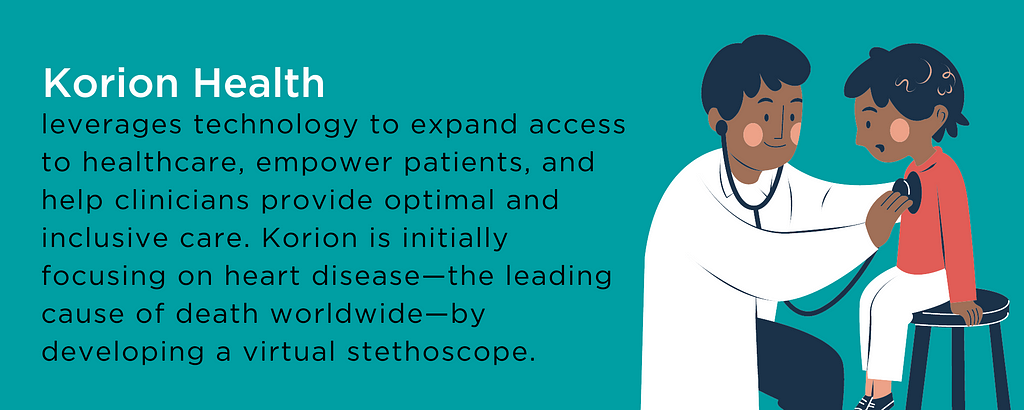
What’s the problem that your business is solving?
Korion Health builds affordable medical devices with guided interfaces and on-demand diagnostic and educational tools accessible to everyone, starting with an electronic stethoscope. I think our team is the right one for this for two reasons: (1) for me and many of my teammates, this is a tool that we wish existed and that we would personally use, and (2) our team is incredibly interdisciplinary, with people hailing from clinical medicine, pharmacy, public health and epidemiology, machine learning and computer vision, business modeling, and more, and we love throwing ideas around in meetings. We all see around blind spots and support each other, and in addition to working on the startup, we sure have a lot of fun together.
What bumps have you encountered so far in your entrepreneurial journey?
So many, but the biggest one was probably my own impostor syndrome. I fought the idea of being an entrepreneur for so long because my identity was really grounded in being an idealistic student (we’re going to volunteer our time and save the world, hoorah! Ah, to be young and naive again) and academic (free and open source everything!) that I couldn’t quite stomach the idea of throwing myself headfirst into ‘capitalism.’
The entire entrepreneurial journey for me has also been a journey of self-discovery, of learning how to marry my idealism with what’s realistic today. In addition, all my training is in research and clinical medicine, so part of the worry was impostor syndrome, and part of it was the genuine acknowledgment that I’m new at this.
An important lesson I’ve learned is that it’s okay to be intimidated, but don’t let that stop you from competing. Pitt nominated me as one of their student founders to compete in the PDMA pitch challenge in November 2022. I was so nervous about competing with what I thought would be a bunch of fancy business people in suits that 30 minutes before the event, I couldn’t find the courage to get out of my car. I was sitting there with my head banging on the steering wheel, wondering why I intentionally put myself in stressful situations.
Something about accepting defeat and letting go of the competitiveness motivated me to get out of the car, though, and I ended up winning first place in the grad student category that night. Ultimately, I’ve embraced impostor syndrome and learned how to look at it with some humor and lightheartedness — I mean, what’s the worst that can happen? That I am an impostor? Who cares? Life is too short to worry about it; go have fun, and whatever happens, happens.
What does being an entrepreneur mean to you?
Being an entrepreneur means finding your niche in the economics of society, developing products that bring value, and being unafraid of the adventure of stepping into the unknown. I think no one really knows what they’re doing, and a lot of entrepreneurship for me has meant moving forward and looking for solutions, even if I don’t know what I’ll find or if I’ll find anything at all. On top of that, being an entrepreneur has unexpectedly given me a platform to share my voice, and it’s really important to me that I use that voice in such a way that I can lift up others and remind them that, “Hey, there are no rules saying you can’t do this, just go for it!” That sense of power and responsibility that comes with it takes many different forms for people, but it’s also an indispensable part of being an entrepreneur. For me right now, it looks like giving talks at K-12 school events and reminding students that anyone really can do it.
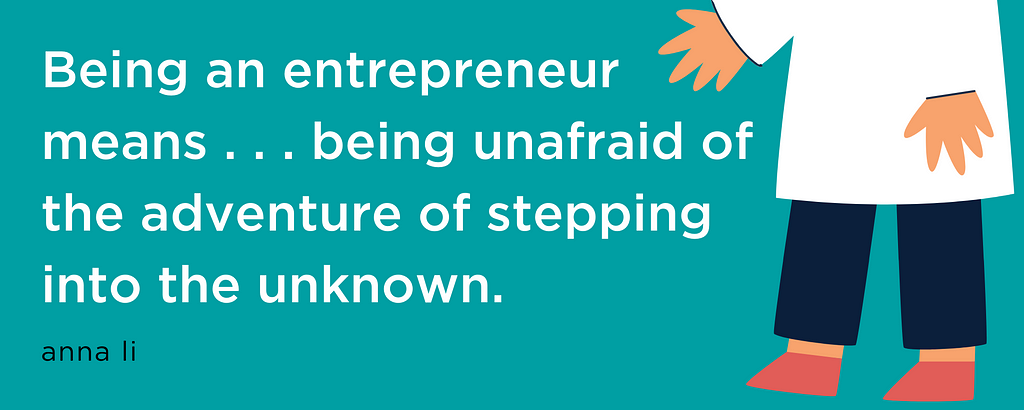
What’s a resource or tip that’s helped you develop as a founder and move your business forward?
USE YOUR NETWORK and make friends! First off, the Pittsburgh entrepreneurial community is one of the most genuine and whole I’ve ever met (possibly THE most wholesome?!). They are awesome people to make friends with regardless of what you do in life. And everyone wants to help you and see you succeed, so reach out. You can’t know what you don’t know.
What’s next? How can our readers help you?
We are working on technical validation of our prototype and will soon be raising a seed round of $500,000! We are also looking for a medical device business lead, possibly to onboard as an official co-founder. If you know anyone interested in investing, joining, or just getting coffee, please put them in touch with me! My email is anna@korionhealth.com.
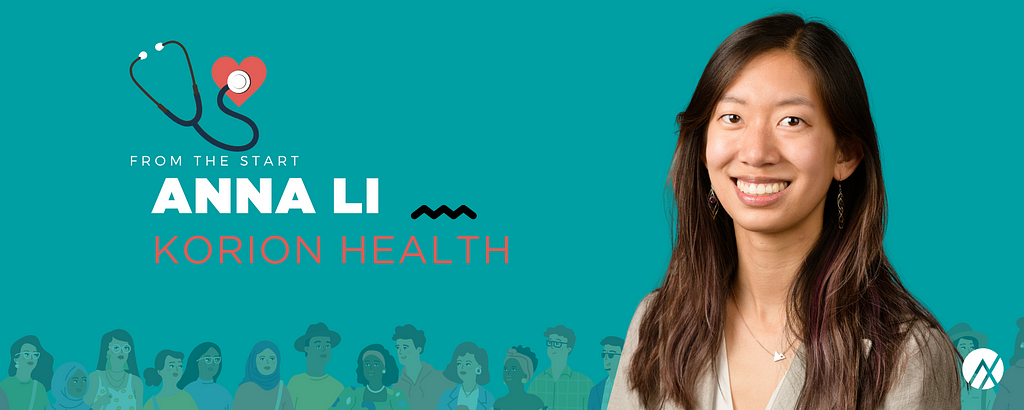
Learn more about Korion Health.
Visit: https://korion-health.webflow.io
Connect with us
Learn more about Ascender: https://ascenderpgh.com/
Sign up for our newsletter or send us a note: info@ascenderpgh.com
Follow us: Twitter — Facebook — LinkedIn — Instagram
From fledgling tech companies, healthcare innovators, and nonprofits to makers, creators, services and shops, Ascender is for Pittsburgh’s entrepreneurs. We help businesses of all types in the Pittsburgh region start and build a business through education and connectivity. See how Ascender can help you.
ANNA LI was originally published in Ascender on Medium, where people are continuing the conversation by highlighting and responding to this story.
